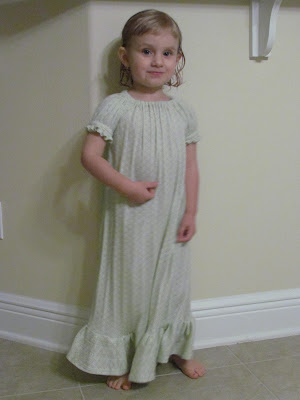It must have something to do with the same entrenched mechanism that causes people to fall into the grammar blunder that I
hate the most. We're so afraid of the dreaded "me and her" that we go overboard and skirt the utterance of
me whenever we can. But
me isn't a bad word! It's a valid part of speech!
Here's an example of what I'm talking about, and I've noticed that it usually happens when we're on a formal phone call or we're trying to sound particularly polite: "When you've filled out your form, please submit it to Steve or myself." No!!!! Give it to him or give it to ME!!
Neither is
myself an acceptable placeholder for when you're unsure which part of speech to use. You can't say, "He joined the class with Brady and myself" just like you can't say "Lydia, Dave, and myself will be taking on that project."
This mistake, like so many, I feel, has its roots in people not understanding parts of speech or other grammatical and syntactical constructs. I was fortunate enough to go to an "alternative" elementary school (really, a traditional* one where they still taught boring, old fashioned things like grammar, even to the extent of sentence diagramming, if you can believe it). And you wouldn't believe what the entire first semester of my freshman highschool English class consisted of... (I'll save that for another time, same place).
Myself is a reflexive pronoun, and you can think of it this way: Any reflexive pronoun (myself, herself, himself, themselves, ourselves, yourself) must "reflect" a pronoun (and we'll just stick to personal pronouns here)
that is also in the sentence. Each reflective pronoun goes with its own pronoun: I and myself; she and herself; he and himself; they and themselves; we and ourselves; you and yourself.
Each of these pronouns, you'll notice, is in the subjective, or nominative, case, meaning they all act as subjects of the action occurring in the sentence. Any of these subject pronouns in the list above could go in the place of a proper noun or vice versa. This also means there's no reflexive pronoun for objective pronouns like
me (unless you're my two-year-old daughter and you want to do everything "meself").
Back to reflexive pronouns reflecting... A reflexive pronoun standing on its own - and I just learned this five minutes ago - has a name: an
untriggered reflexive. The name for this flub in itself (non-personal reflexive pronoun alert!) should remind us of reflexive pronouns' need to be triggered. I myself love it when this happens.
---
*I'm all for "non-traditional" teaching methods and institutions that update our model of education, but not at the expense of instructing students, one way or another, in things that simply must be known, in my opinion. If grammar is boring, don't axe it, find a way to make it interesting, find a way to make it come alive - as great teachers, given the freedom, have found ways to do.


























